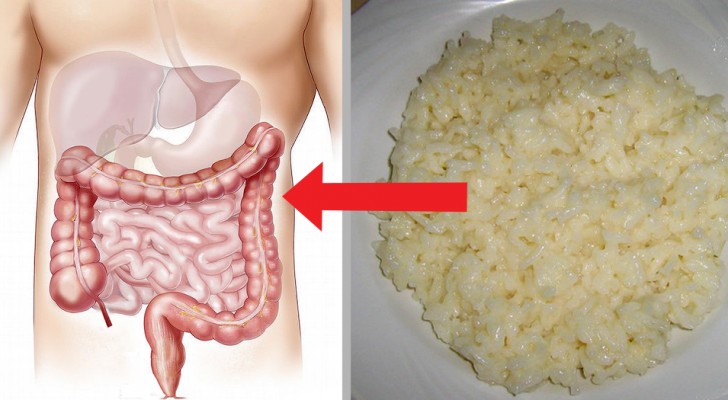Walnuts: good for the heart and for the mind

Generally speaking, we link the benefits of nuts to people's mental improvements and to cardio-muscular health. All the same, walnuts are just as beneficial to our stomachs. This Asian fruit, whose shape reminds us of a brain, contains another nutritional benefit, as it is full of unsaturated, good fats. It's also rich in fiber, vegetable proteins, folic acid, magnesium and calcium. In other words, a surprising cure-for-all.
via Health Line

Regularly consuming walnuts helps, among other things, to regulate intestinal flow, and to prevent cardiovascular problems, as well as heartburn. Many studies recommend eating a handful a day. Why? Simply because it's been proven that walnuts contain the highest amount of polyphenolic antioxidants compared to any other oily seed. The omega-3s found in them are really optimal for our bodies: helping to optimize blood flow, increasing the levels of serotonin which increase the sense of fullness; which means we don't need to eat a lot of them in order to satisfy our hunger.
In addition to the levels of omega-3, one study has revealed that this food helps burn fats, especially in the belly, yet another reason to why nuts are ideal when incorporated into diets.

Consuming walnuts doesn't have to be boring, it can be added to savory dishes, desserts, or used as an excellent condiment or as an additional ingredient for creative, tasty salads.
Walnuts are among the most complete foods. Here are some of its most exceptional benefits:
They:
- help lower the level of bad cholesterol, known as LDL.
- reduce the risk of cardiovascular disease.
- are antioxidants, thanks to their high polyphenol content.
- are rich in fiber.
- contain tons of omega-3s which activate cognitive, or intellectual, activities, improving concentration and mental faculties.
- increase the level of serotonin, the hormone linked to the feeling of happiness and psychological well-being.
- contain polyphenols, whose vitamin B and zinc prevent dry skin and strong bones.
We also remind you that this article includes general information and is published exclusively for informational purposes. In no way does it match a health professional's opinion.





